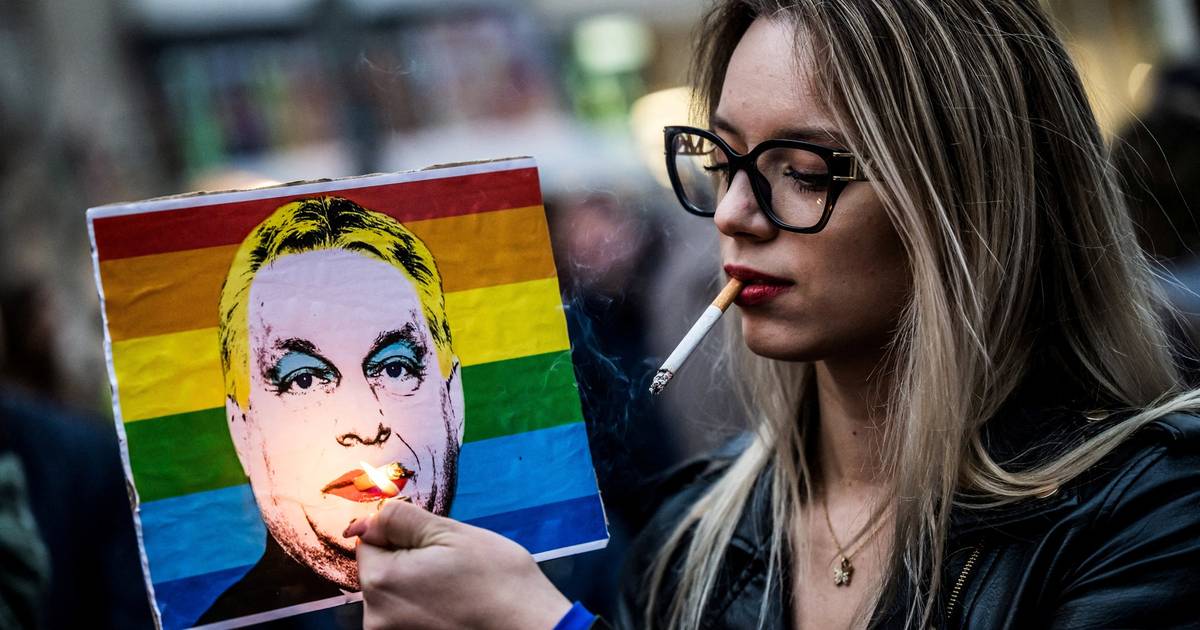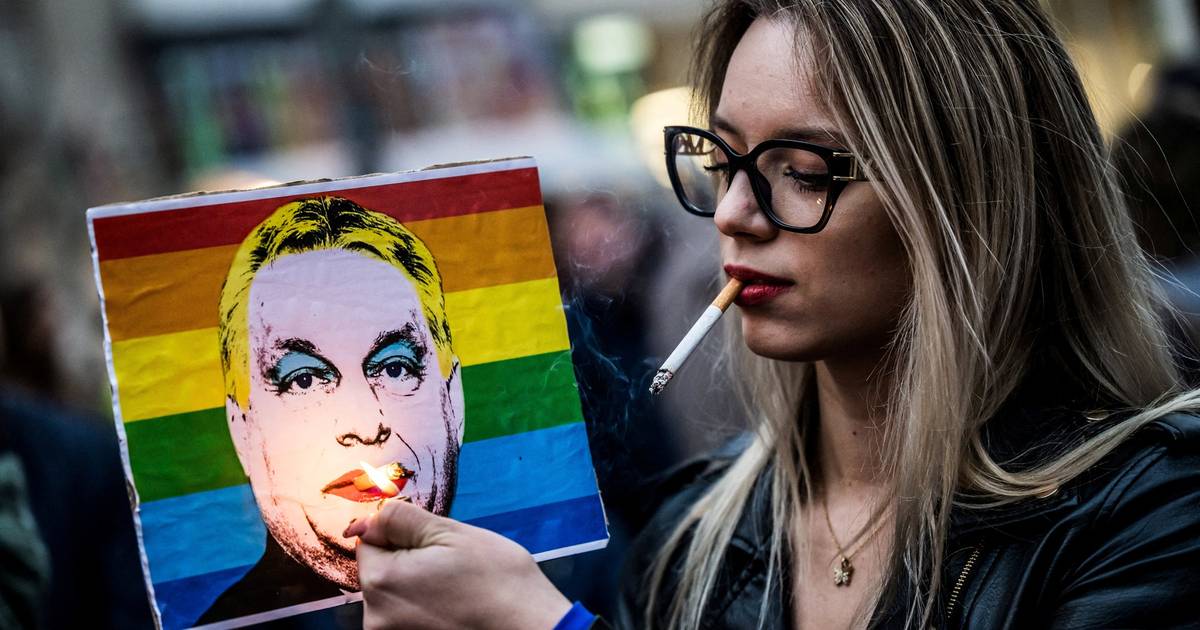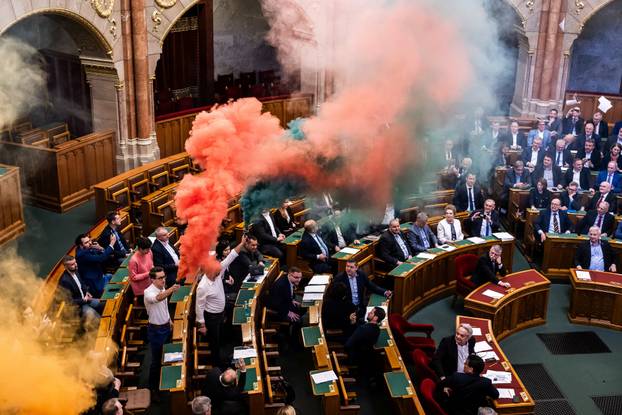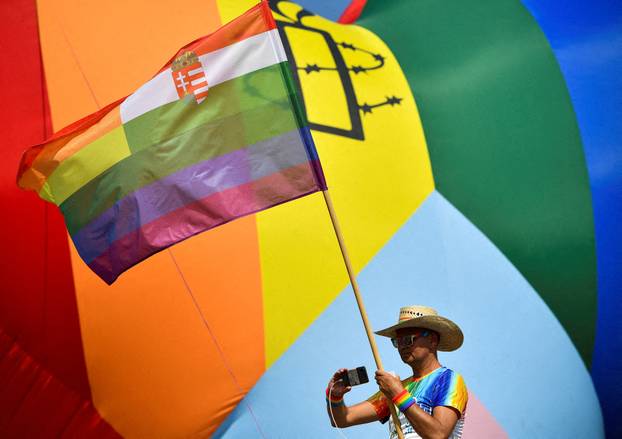Budapest Pride: A Battle for Freedom or Political Theater?
Budapest is once again in the European spotlight, but not for its tourist attractions or cultural events. Instead, it is the epicenter of a cultural war. The government of Viktor Orban has decided to ban this year’s Pride parade, sparking a wave of reactions across Europe.
Orban’s Ban and Europe’s Response
Hungarian Justice Minister Bence Tuzson is standing firm – the parade is officially banned, and organizers have been warned they could face imprisonment for violating the law. The law stipulates up to one year in prison for organizing or announcing such an event. Nevertheless, over 70 European parliamentarians, including prominent politicians from France, Belgium, Ireland, the Netherlands, and Spain, have announced plans to attend Budapest to support the LGBTQ+ community and defiantly oppose Orban.
European Commission President Ursula von der Leyen publicly supported the parade, but Orban immediately responded by urging her not to interfere in Hungary’s internal affairs. Although von der Leyen will not attend in person, her support and the arrival of numerous European officials send a clear message that Europe disagrees with Orban’s policies.
The Culture War and Legislative Absurdities
Orban’s government has passed a series of laws in recent years that drastically restrict LGBTQ+ rights. Same-sex marriages and adoption have been banned, and recently a law was passed prohibiting the display or promotion of homosexuality and gender change in public gatherings and media, effectively banning Pride parades.
This policy is part of Orban’s broader narrative fighting against so-called “gender ideology” and “woke culture,” positioning Hungary as a bastion of traditional values in Europe. Critics argue it is merely a mask for an authoritarian regime suppressing freedoms and minority rights.
Internal Divisions and Opposition
While the government claims the parade ban is justified by law, Budapest’s mayor Gergely Karacsony, from the opposition, announced he would find a legal loophole to allow the parade. He exempted organizers from the requirement to obtain a police permit, knowing it likely wouldn’t be granted, sending a clear message of resistance to Orban.
However, support for LGBTQ+ rights in Hungary is not uniform. Opposition parties supporting the parade have significantly less support than the ruling Fidesz party, highlighting deep societal divisions.
European Values on Trial
This conflict is not just a local Hungarian issue but a symbol of a broader struggle in Europe between liberal and authoritarian forces. While Europe insists on respecting human rights and freedoms, Orban and his allies refuse to accept these norms, leading to serious tensions within the EU.
What Lies Ahead?
This year’s Budapest Pride is not just about colors and music – it is a political event that will test how ready Europe is to confront authoritarian tendencies and protect minority rights. Will the police use facial recognition technology to punish participants? Will right-wing protests escalate into violence? These questions remain open.
Conclusion
As Viktor Orban continues to build walls against change and freedom, Europe sends a clear message that it will not allow regression. But will it be enough? Budapest Pride is much more than a parade – it is a test of democracy, freedom, and European values.
What do you think? Will Europe succeed in stopping Orban, or is this just the beginning of a long fight? Drop a comment, spark a debate, or just share with friends – because this is not just news, it’s a wake-up call!














